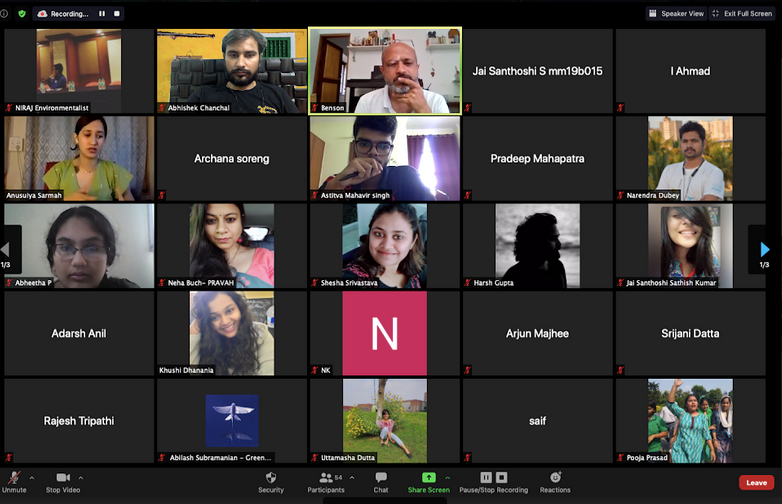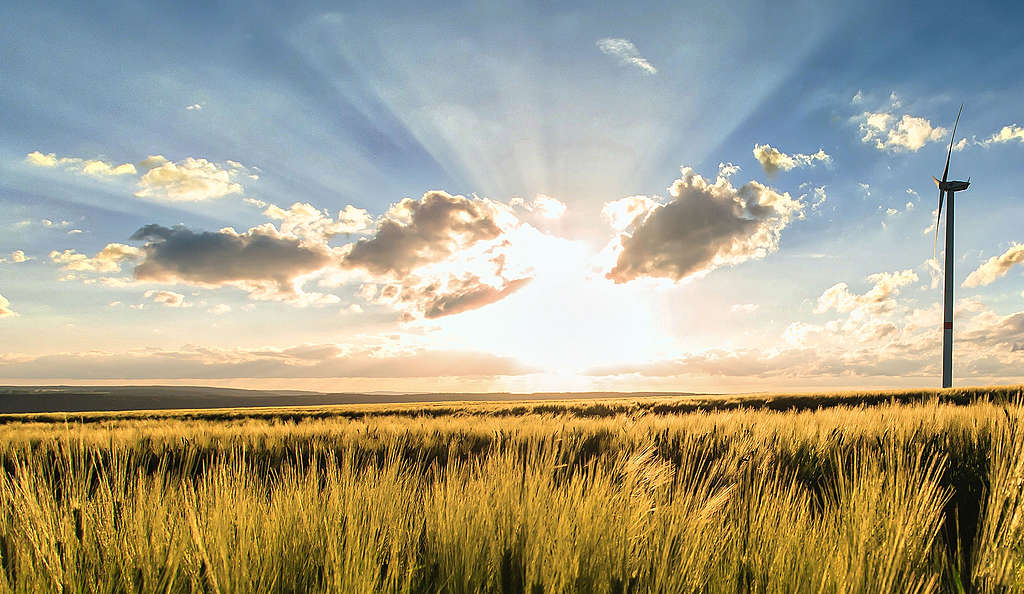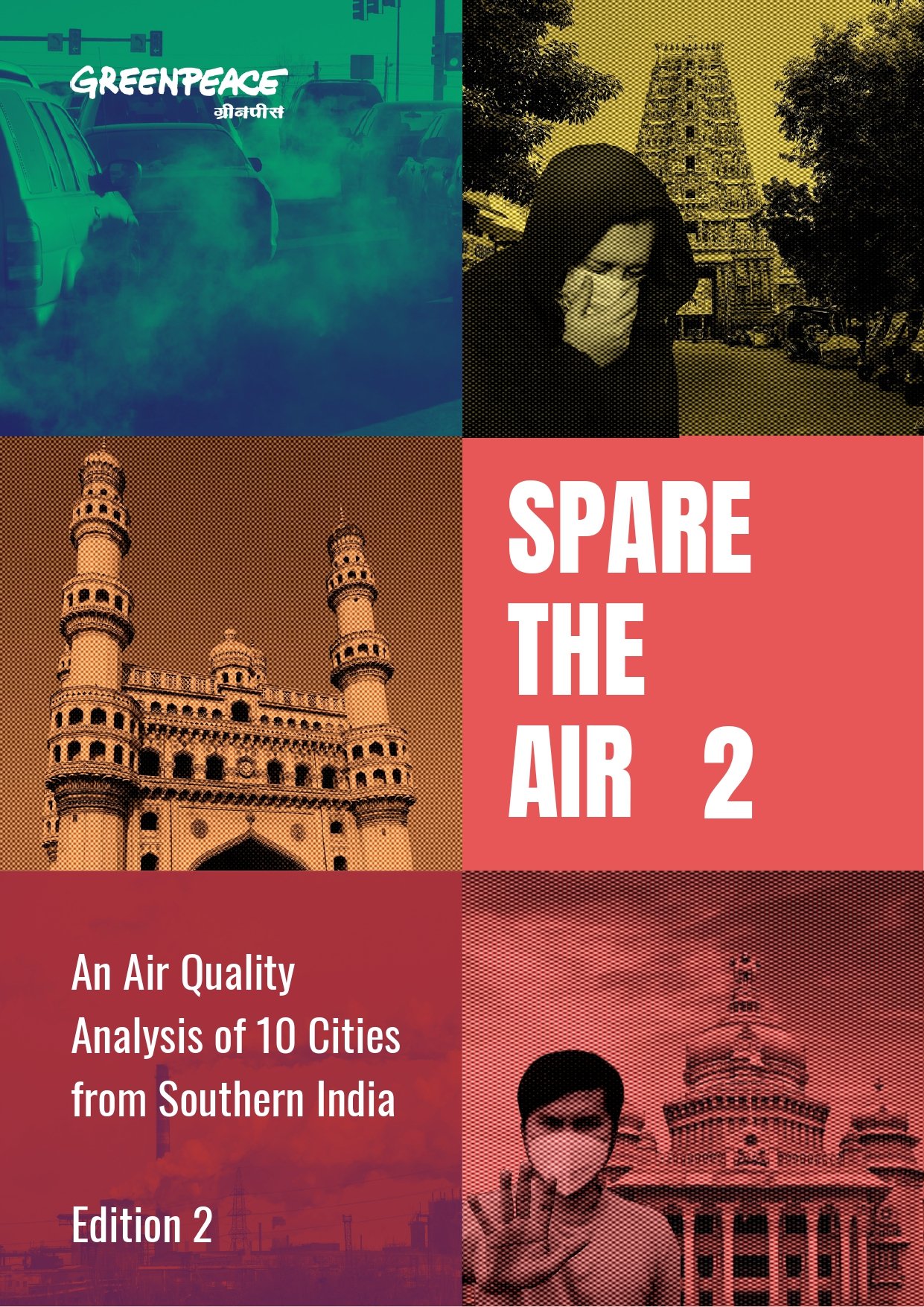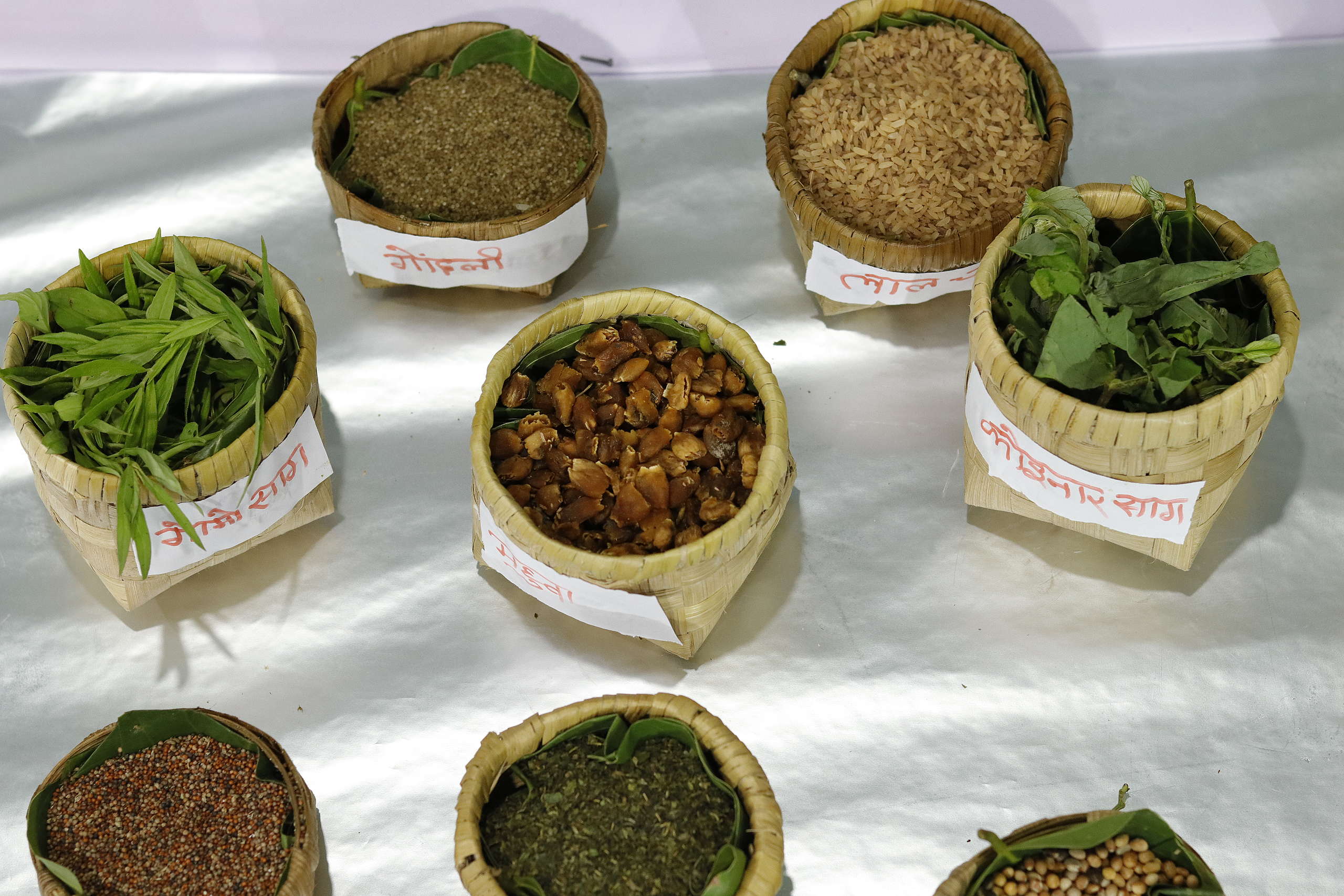(Speakers stresses that pandemic must be a reminder for the society and policymakers to design policies and adopt sustainable lifestyles that together moves us towards better)
Harini Vijayan
On August 22, Greenpeace India organized a webinar to explore the possibility of youth supporting the sustainable development movement. The webinar explored various aspects of sustainability and with a motive to take the edge off the challenges faced by the youth in the post COVID – 19 situation. The discussion also concentrated on how to adapt to a peaceful and greener lifestyle.
As it’s evident from the experiences of the marginalized and the salaried middle classes, the pandemic has caused massive destruction and hugely impacted lives and livelihoods across the globe and particularly India. Among them, the youth become the most prominent ones to be impacted. Especially, their education and employment opportunities have been impacted.

The eminent speaker to address the session was Neha Buch. Buch from Pravah, an NGO based in Delhi, that works for the development of youth and related activities. She addressed the topic ‘Locating youth in India – understanding them, their dreams, aspirations, and possibilities’. Buch also stressed on intersectionality and diversity among youth. She spoke on various issues that were noticed and addressed because of the efforts put in by the youth, like the #blacklivesmatter. “Changes in the education system and livelihood of the youth will definitely affect everything,” she said. She also strongly registered that the youth are definitely doing their part to obtain a sustainable and greener world. It is the government policies, that are to be revisited.
Archana Soreng
Youth do play their roles in inculcating changes, breaking social stigmas, and making the world a better place to live in. But what is that lacking? Speakers further elaborated on all such aspects during the session. Archana Soreng, who has been recently selected as one of the seven members of the Youth Advisory Group on climate change established by the Secretary-General of the United Nations. She has been working for the climate actions and protection of forests and nature for a very long time. Her thoughts gave the audience a new aspect of approaching the problems. “Forests and the natural habitats had been protected by the indigenous groups or the Adivasis. They are our food producers. But when there arises any disaster or pandemic, it is they who are affected the most. Protecting and providing forest rights will be an important step in taking actions for the environment, post-COVID- 19,” she expressed. “Youth should be aware of all the policies and raise their voice whenever and wherever necessary,” she added. Learning about waste management, sustainable development, water, and electricity saving is very crucial for a happy and green living.
Soreng also shared some instances where she witnessed the indigenous communities are adopting sustainable consumption patterns in accordance with nature. She suggested that intergenerational learning is required for us to face the post-COVID -19 times peacefully and added that all of us should speak to the people who were hard hit due to the pandemic.
Harsh Gupta
Up next on the panel was Harsh Gupta, who is striving for climate actions to be taken instantly through his volunteering at Fridays For Future (FFF), a global youth movement initiated for climate justice. He made it clear that even though the lockdown, his volunteer team made sure to protest in different and innovative ways. They started mass commenting on celebrity’s posts about the EIA (Environmental Impact Assessment) and it became viral, as many people were getting to know about the details of the draft. FFF’s campaign gained traction and they had to face heat from the authorities. However, he said that FFF is still working for a better climate action policy to be implemented by the government in no time.
Jai Santhoshi
Next in the row was a student from IIT Madras, Jai Santhoshi. She works for the development of youth. “Knowing the right information and acting accordingly, is what we all need,” she said. Save the environment, Sustainable development, Avoid plastics, Grow more trees, all these kinds of phrases are familiar to us and they just end up as words in the textbooks. The need of the hour is that we should start acting for what we want. “Just as we say for charity, Sustainability also begins at home,” she expressed strongly.
Anusuiya
And the last member of the panel was Anusuiya, who is a Greenpeace India volunteer. “This pandemic has taught us that climate change is not a myth; it is not invisible,” she began. She stated that Indian youth are facing a lot of trouble with internet connections. The digital divide exists in India, which highly divides the equality of urban and rural youth in learning through online modes. Youth has been deprived of education and employment, becoming one of the major victims of the pandemic. The government has to address all these issues. “Making education fun and building a sense of responsibility for sustainability and environment is what the youth need,” mentioned Anusuiya. She also gave many inputs on how the pandemic had made youth realize the importance of nature.
With this webinar, Greenpeace India not only tries to bring all the challenges faced by the youth during the pandemic but also analyses and stands up with proper solutions and expects people and policymakers to move towards better. Greenpeace strives for sustainability and inspires others together to save our planet.
Join us in moving humanity towards better :
Adopt the Green Recommendations
Contribute to Greenpeace India to strive for a better future

The COVID19 crisis has revealed the vulnerability of our food, economic, healthcare, and welfare systems. We have the power to move humanity towards a better future.
Get Involved

